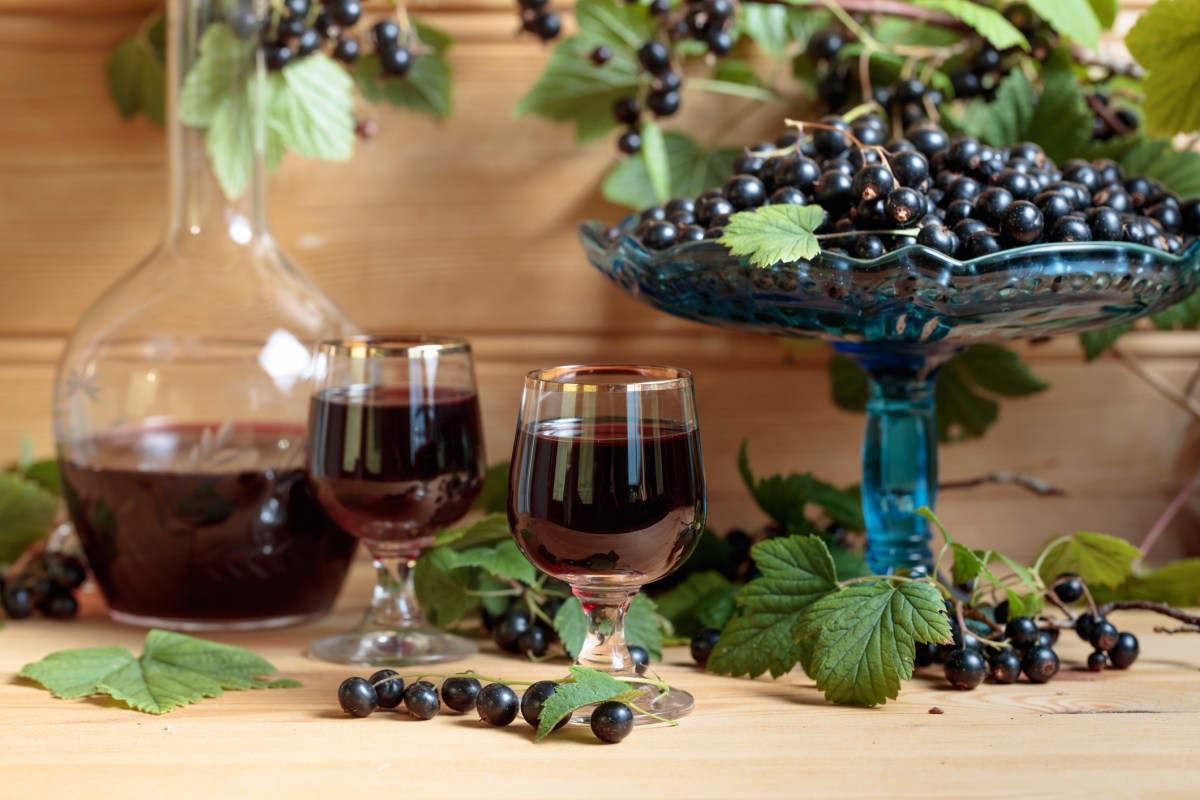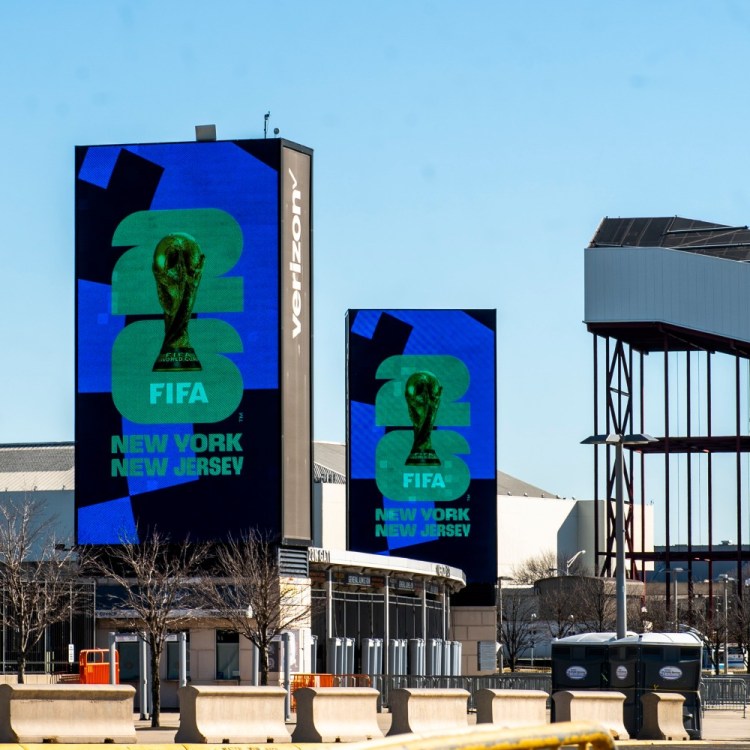In 2011, a huge earthquake off the coast of Japan sent a tsunami crashing into a nuclear plant in Fukushima, setting off one of the world’s worst nuclear crises. Ever since, scientists have been uncovering the radioactive legacy of the disaster, writes The New York Times.
The government issued warnings about contaminated seafood around Japan as well as toxic water, sludge and rubble. Radioactive wild boars went into Japanese towns and attacked people. But now, a group of French nuclear physicists say they have found Fukushima’s signature in Northern Californian wine — but before you panic, it is not supposed to be dangerous.
In a new study, researchers report testing 18 bottles of California rosé and cabernet sauvignon from 2009 onward. They found increased levels of radioactive particles in the wine produced after the Fukushima disaster. The levels of radioactive materials actually doubled in the cabernet.
The wine is not seen as a health hazard because though the radioactive cloud from the disaster floated over the Pacific ocean to California, and settled on grapes there, the radioactive levels were low and dropping with each passing year.
Thanks for reading InsideHook. Sign up for our daily newsletter and be in the know.


















